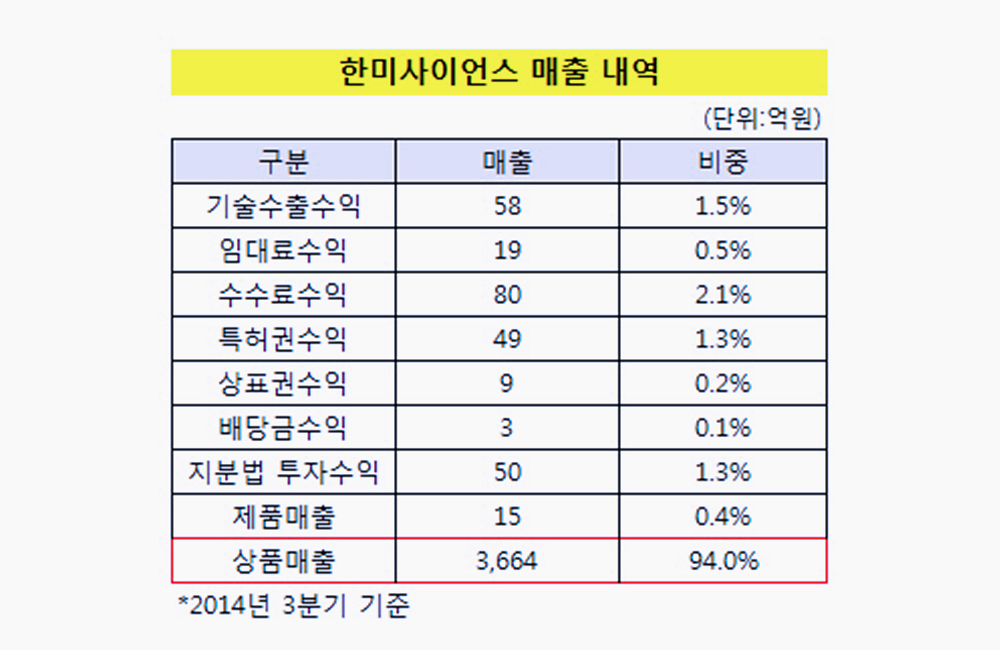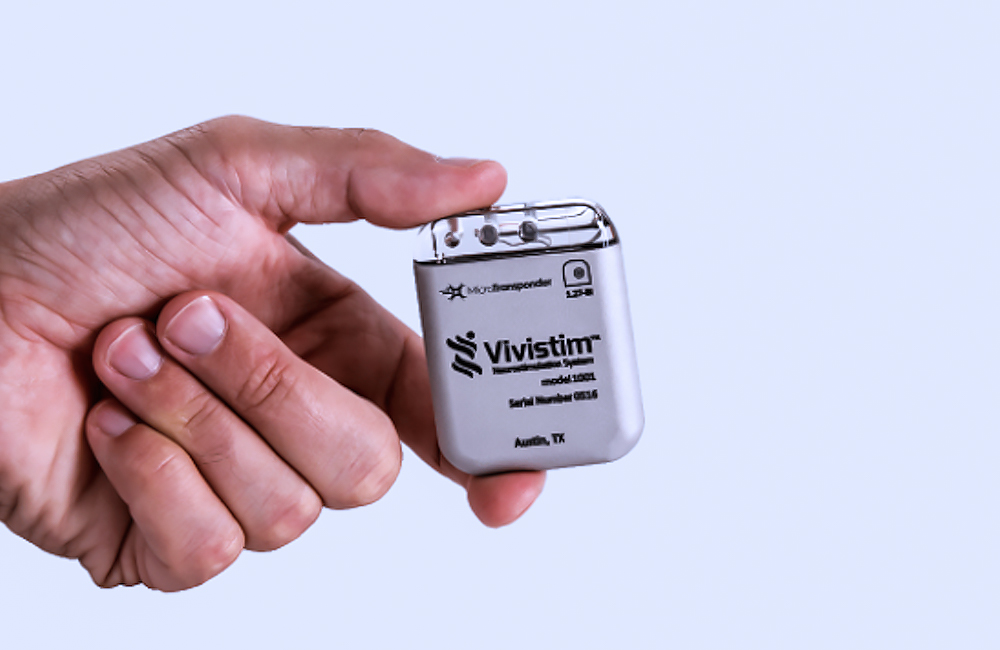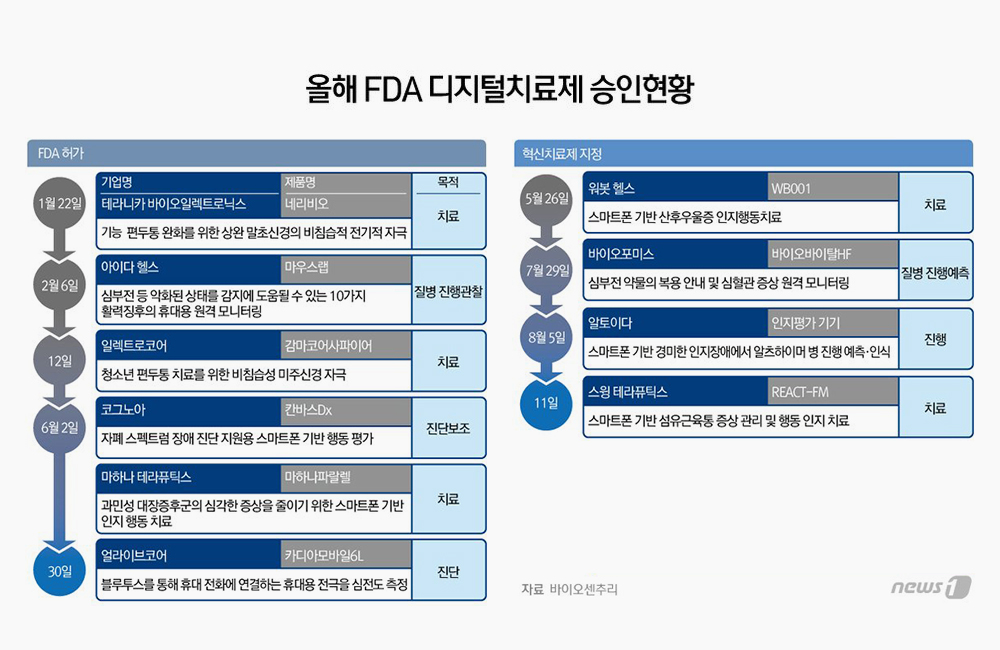Artificial intelligence is becoming more valuable every year, and this technology is poised to revolutionize healthcare for both patients and doctors.
Fueled by advances in computing hardware and software, Artificial intelligence (AI) is rapidly becoming commonplace in healthcare settings. Just a few years ago, it was emerging from the research labs of tech giants like Google and Microsoft.
Today, AI is being used in a wide range of industries to improve efficiencies and make better decisions. Healthcare is no exception—it's one of the most promising applications of AI technology today. Here's how artificial intelligence will transform the future of healthcare.
Drug Discovery Using AI
There are many ways technology is improving health outcomes and one of the next big breakthroughs will be in AI-assisted drug discovery. Drug discovery is the process of finding new drugs to treat diseases and is often a lengthy, complex, and expensive process. Oftentimes, companies are merely guessing and testing. By using artificial intelligence, companies will be able to accelerate the process of drug discovery.
By using AI, researchers will be able to assess vast amounts of patient outcome data to identify substances that are more likely to be effective against certain diseases. At the same time, they can also screen compounds that are safe for human consumption and cheap and easy to make.
With increased computing capability, AI will also be able to analyze large amounts of data from clinical trials and patient records, which will help providers identify which patients might be most likely to respond to a specific treatment. It can then help researchers prioritize which compounds to test in the lab, as well as design more effective clinical trials. This can speed up the development process and see new medicine brought to market more quickly.
AI Data Analytics
Data analytics is one of the top AI applications in healthcare today. The goal here is to take large datasets and use AI to help doctors and nurses make better decisions.
Hospitals and research institutions will be able to use AI to analyze large amounts of data from electronic health records, lab results, and other sources to identify patterns or trends that researchers can use to predict future health outcomes.
It will also be possible for scientists and doctors to use a predictive model to identify patients at high risk of developing a specific condition or to predict which patients are most likely to respond to a specific treatment. Eventually, AI will provide physicians with real-time information and recommendations to help them make more informed treatment decisions while seeing patients in their offices.
At a higher level, policymakers will be able to use AI to analyze data from disparate sources—from personal health records to sewage analysis to air quality—to identify patterns or trends that they can use to improve the health of entire populations.
Robot-Assisted Surgery
Robot-assisted surgery is the use of surgical robots in the operating room to assist in performing a medical procedure. The most widely used system today involves a camera and very small surgical tools attached to robotic arms that surgeons can control by viewing a screen that displays real-time magnified images.
These systems enable doctors to perform many types of complex procedures with more precision, flexibility, and control than with conventional techniques. How can AI improve robot-assisted surgery?
First, AI algorithms can analyze images such as CT scans and MRIs to create 3D models of a patient's anatomy. Doctors and surgeons can use this information to guide them around important structures in a patient's body, minimizing the risk of complications.
As AI and robotics become more common in the operating room, doctors will benefit from a collaborative relationship with this technology. For example, it will someday be possible to use machines to track the position of surgical instruments in real time and for AI to make recommendations to surgeons, ensuring they perform the necessary steps in each procedure.
That said, as AI gathers and analyzes ever more data, develops 3D models of the human anatomy, and is better able to manipulate robot instruments, AI-controlled robots may eventually perform surgeries with minimal or no human intervention.
Virtual Nursing Assistants
Virtual nursing assistants are one of the most popular ways healthcare organizations are using AI. While there are many apps that you can use to monitor your health and various apps that use chatbots to support mental health, AI-powered virtual assistants are slightly more sophisticated.
They can interact with patients remotely, providing them with information about their health conditions, answering questions, and scheduling appointments. This can be particularly useful for patients in remote or underserved areas. Virtual nurses are also used to help patients identify and assess the severity of their symptoms and provide them with personalized advice for understanding and managing their health.
Care Angel is an example of a virtual nursing assistant that conversationally interacts with patients through a simple phone call or text message. It claims to extend clinical capacity by 600 percent.
Using an AI-powered voice assistant, which features personalized, conversational health monitoring and management, Care Angel helps close care gaps for patients with chronic conditions It improves preventative care, ensures people take their medicine, helps people deal with addiction, and even offers remote patient monitoring.
As AI-powered virtual nurses become more integrated with advanced medical devices—especially consumer-based wearables—doctors will be able to use AI to monitor a greater number of vital signs and other health data, such as blood pressure and blood sugar levels. They'll be able to alert patients as well as healthcare professionals of any changes that require immediate attention.
How AI Is Transforming Healthcare Delivery
Artificial intelligence is a powerful tool for healthcare and hospitals, with the ability to improve patient outcomes and patient satisfaction. It has already made significant headway in drug discovery, data analytics, robot-assisted surgery, and virtual nursing assistants.
There are still many challenges ahead, such as ensuring AI systems are appropriately trained so that they don't make errors. However, new innovations are likely to continue changing how patients interact with doctors and nurses by providing better care at lower costs.









